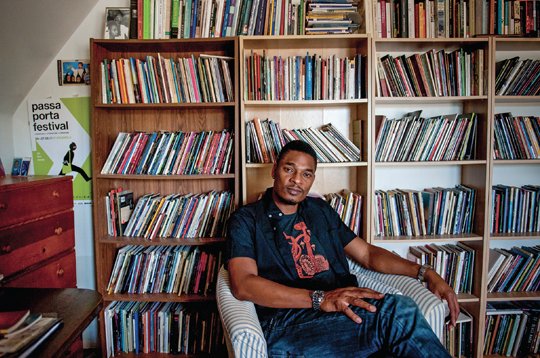Hayes and Martin hope that the center will also help make the university’s MFA program a more welcoming space for writers of color, an important effort in light of increased discussion about race and diversity in MFA programs. For Martin, this means creating and maintaining a space of cultural inclusion. “Pittsburgh is a place where there are other students of color, and the graduate faculty is extremely diverse. There’s already some understanding between folks who are there, so you can start from a place of not having to work through your values and struggle to articulate your cultural perspective.”

The CAAPP directors plan to offer courses that intersect with visual art and music, in order to explore how thinking across disciplines can parallel thinking across cultures and perspectives. “Certainly, we feel like if anyone is prepared to build those new conversations, it would be African American poets and poets of color in general,” says Hayes, adding that CAAPP aims to include non-black people of color and other marginalized communities in the conversation. “We talk about collage and hybridity—that’s what people of color are. [We’re] not thinking about segregation, not thinking about fences around what we do, but looking across those bridges, saying, ‘Well, how are these people across the street interested in what I’m doing?’ even if they’re not poets. They might be architects, they might be scientists.”
Moving forward, the center will hold a community workshop, reading, and exhibition from November 9 to November 11 on poetry and politics titled “Black Poets Speak Out,” featuring Jericho Brown, Mahogany Browne, and Amanda Johnston. The directors also hope to host a reading by emerging women and trans poets. Martin and Hayes are optimistic about the social impact of the center’s work. “As far as I’m concerned,” says Martin, “especially given the state of violence in this country—violence against queer people, violence against black people, violence against women—it makes sense to take up things like African American literature, African American culture, African American history, African American poetry and art as a part of making the world better.”
Tara Jayakar is the founder and editor of Raptor Editing. She lives in New York City.








